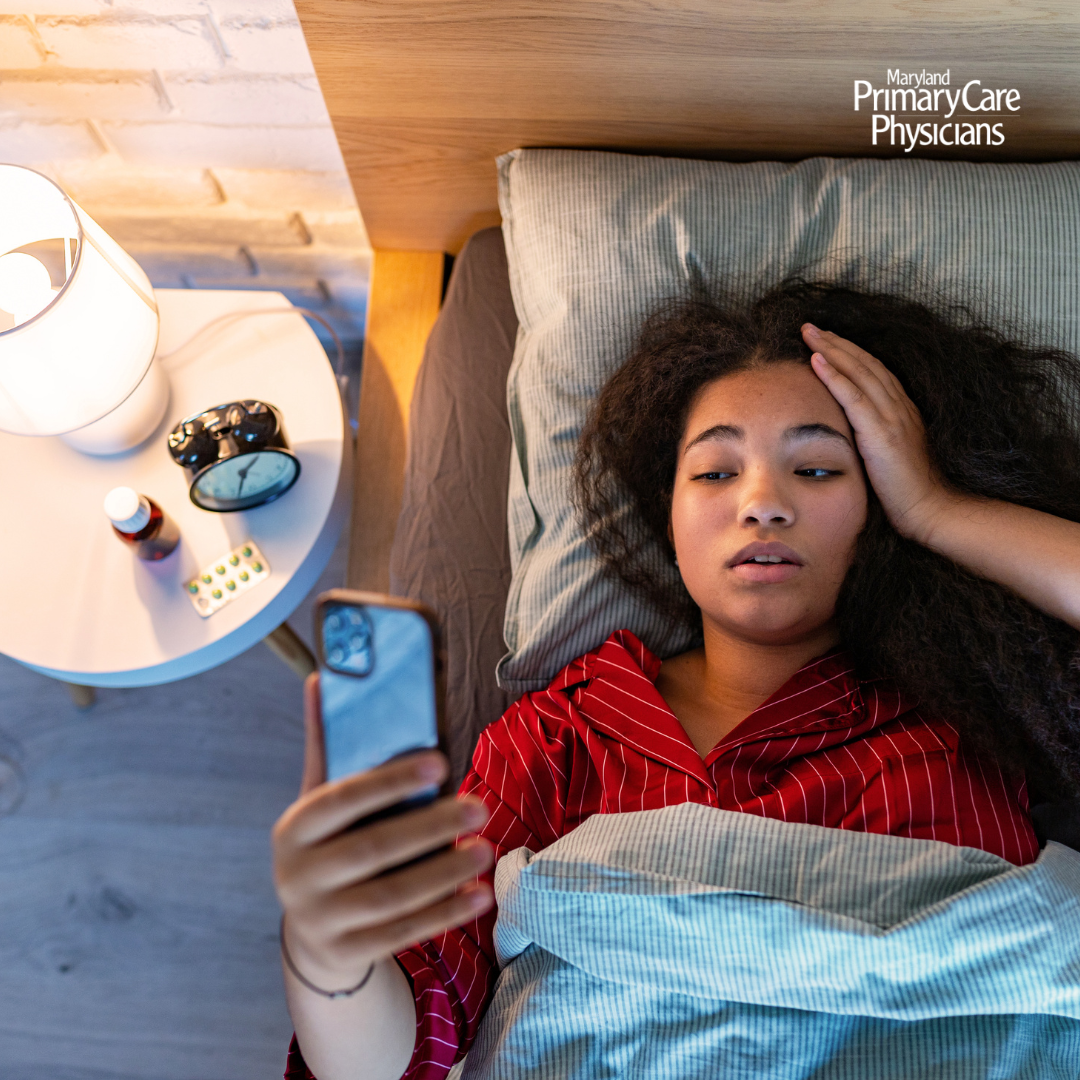Why Sleep Deserves More Attention
Sleep is often the first thing we sacrifice when life gets busy. But research confirms that sleep isn’t just about feeling rested—it’s a biological necessity that impacts nearly every system in the body. Poor sleep has been linked to increased risks of heart disease, a weakened immune system, and weight gain. It also plays a direct role in mental health, with evidence linking disrupted sleep patterns to anxiety, depression, and other psychiatric disorders.
A recent study in PubMed found that individuals who go to sleep before 1 a.m. experience better overall well-being, regardless of whether they consider themselves “night owls” or “morning people.” Additionally, a review of research in ScienceDaily suggests that disruptions to sleep and the body’s internal clock can worsen psychiatric disorders.
Whether you’re a teenager navigating screen time, an adult balancing work and family, or an older adult noticing changes in your sleep, prioritizing rest is one of the most powerful ways to support long-term health.
How Sleep Affects Your Body and Brain
Physical Health: More Than Just Feeling Tired
Consistently missing sleep does more than leave you sluggish—it disrupts essential biological processes. Research from the Cleveland Clinic highlights how chronic sleep deprivation impacts multiple areas of physical health:
- Heart Health & Blood Pressure: Poor sleep can lead to hypertension and an increased risk of cardiovascular disease.
- Weight Management: When you don’t sleep enough, your body produces more ghrelin (the hormone that makes you feel hungry) and less leptin (the hormone that signals fullness). This imbalance can prompt increased cravings, weight gain, and a higher risk of obesity.
- Immune System Function: Sleep is crucial for immune system regulation. When sleep is compromised, your body produces fewer protective immune cells, making you more susceptible to infections.
- Coordination & Injury Risk: A 2021 study found that sleep deprivation negatively affects balance and gait, increasing the risk of falls and accidents. Driving after 20 hours without sleep is comparable to driving with a blood alcohol level at the legal limit.
Mental Health: The Overlooked Connection
Recent research confirms that sleep disturbances aren’t just a consequence of mental health conditions—they can also be a contributing factor. A large-scale study published in PubMed found that individuals with misaligned sleep schedules had an increased risk of mood disorders, including anxiety and depression.
- Chronic Stress & Anxiety: Sleep deprivation raises cortisol (the stress hormone), which can make it harder to manage stress effectively.
- Risk of Depression: Studies show that disrupted sleep patterns increase vulnerability to depression. Conversely, better sleep habits have been linked to improved mood and emotional resilience.
- Cognitive Function & Memory: Poor sleep impairs memory retention and decision-making. Long-term sleep deprivation has even been associated with an increased risk of Alzheimer’s disease.
Learn more about how to recognize and manage the symptoms of stress.
How Sleep Needs Change With Age
Teens & Young Adults: The Battle Against Sleep Deprivation
The American Academy of Sleep Medicine recommends that adolescents between 13 and 18 get 8–10 hours of sleep per night, yet a 2021 CDC survey found that 77% of high school students don’t meet this recommendation. Early school start times, increased screen exposure, and social media use before bed are among the top contributors.
Research has also found that delaying school start times leads to improved sleep duration, better focus, and higher energy levels among students, parents, and even teachers.
What helps?
- Establishing a consistent bedtime routine
- Limiting social media and screen use before bed
- Creating a dark, cool, and quiet sleep environment
Adults: Balancing Work, Family, and Sleep
Most adults need 7–9 hours of sleep per night, but stress, work schedules, and technology often interfere. The Cleveland Clinic reports that adults who regularly fall short of this recommendation have a higher risk of chronic diseases like hypertension, diabetes, and heart disease.
What helps?
- Maintaining a regular sleep schedule—even on weekends
- Avoiding caffeine and heavy meals late in the evening
- Creating a nighttime routine to signal the brain that it’s time for rest
Older Adults: Sleep Changes & Cognitive Health
As people age, sleep patterns shift, often leading to lighter sleep and earlier wake times. While this is natural, research suggests that chronic sleep disruptions can accelerate cognitive decline and increase the risk of Alzheimer’s disease.
What helps?
- Staying physically active during the day to promote deeper sleep
- Managing underlying conditions like sleep apnea that may disrupt rest
- Avoiding excessive daytime naps that interfere with nighttime sleep
Common Sleep Disruptors & How to Fix Them
1. Screen Time & Blue Light
- A study published in MDPI found that excessive social media use before bed negatively impacts adolescent sleep quality. Blue light from screens suppresses melatonin, making it harder to fall asleep.
- Solution: Reduce screen time at least one hour before bed or use blue-light-blocking glasses.
2. Inconsistent Sleep Schedules
- A PubMed study found that individuals whose sleep schedules are misaligned with their body’s natural rhythm are at a higher risk for mental health disorders.
- Solution: Keep a consistent sleep routine, even on weekends.
3. Stress & Racing Thoughts
- High-stress levels and anxiety can make it difficult to relax at bedtime. Over time, this creates a cycle of sleeplessness and increased stress.
- Solution: Mindfulness, deep breathing, and progressive muscle relaxation can help calm the mind before bed.
The Long-Term Consequences of Poor Sleep
If sleep deprivation continues long-term, it can have serious effects on health:
- Higher risk of heart disease and hypertension
- Increased likelihood of obesity and diabetes
- Weakened immune system and slower recovery from illness
- Cognitive decline and memory problems
- Higher rates of depression and anxiety
Fortunately, research also shows that improving sleep habits can significantly enhance both physical and mental health outcomes.
Prioritizing Sleep for Better Health
Sleep isn’t just about getting through the next day—it’s an investment in long-term well-being. Studies confirm that better sleep can lower stress, support brain function, and reduce the risk of chronic disease.
If you’re struggling with sleep, don’t ignore the signs. A conversation with your primary care provider can help identify underlying issues and create a plan for better rest.
Need support for better sleep? Schedule an appointment with your MPCP provider today.





